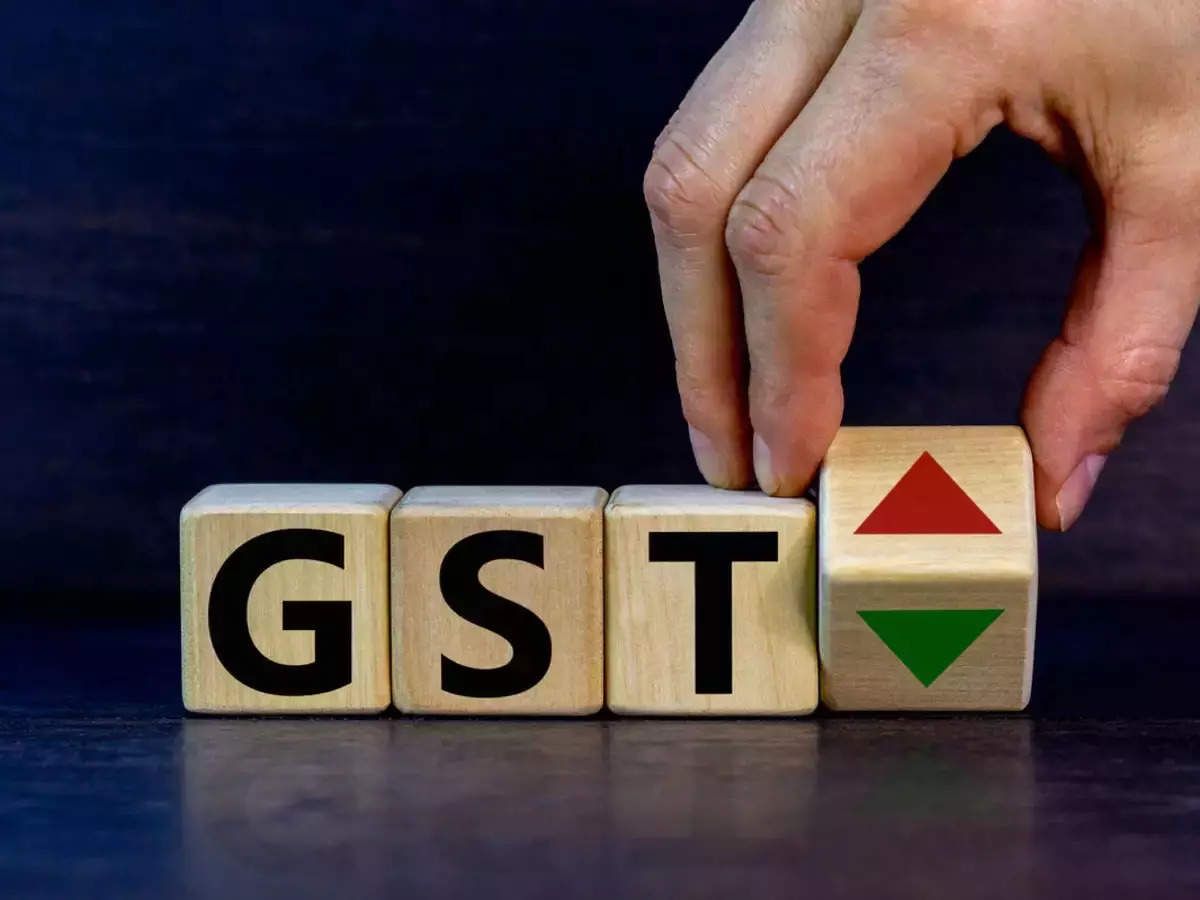What’s one of the biggest challenges successful Property Developers face? Keeping track of everything from a record-keeping perspective when they have multiple projects either on the go or completed. That’s a problem I'm sure a lot of beginning Property Developers want to have!
Because like it or not, if the Australian Taxation Office comes knocking on your door to do an audit, answering "I'm not a detail person" isn't going to cut it as a response. They aren't going to like the stereotypical shoebox full of receipts approach either.
Finance providers are also much friendlier when it comes to finance for property development when your tax returns and bookkeeping are up to date. Once your property development business grows, you can certainly employ someone to look after the nitty gritty of the ins and outs, but the earlier you get into good habits, the easier it is to outsource the task later down the road.
So what do you need to do to make sure you've dotted every "i" and crossed every "t" when it comes to keeping track of the financial side of your property developments?
First up, what you're planning to do with a property once the development is completed makes a difference, not necessarily in how you keep your records, but in what those records need to be used for. Either way, though, it's simplest if each development project is its own entity. Make sure you've gotten both financial and legal advice early on, so you know how to set everything up correctly for your chosen strategy.
Develop to Sell
In this scenario, it's highly likely you're going to end up needing to account for GST, so make sure you record GST for every transaction in and out. Most invoices will split it out as a separate amount, which helps, but you can record a transaction as "GST Inclusive" if you know a transaction includes GST but don't know the exact amount.
If you're dealing with a small business, check to see if they're registered for GST. If they're not, then they can't charge it, which means you can't claim it. So it needs to be entered as GST ‘exclusive’ in your system.

Develop to Keep
If you're planning to keep one or more properties when your development is complete, then good records are essential. At some point further down the road, if you retain the property long enough, you will need to calculate the capital gain on the property for tax purposes - so you need to know what the property cost you!
This is one aspect of record keeping that can get confusing very quickly. For every property you keep, you need to establish a baseline cost. Capital gains is calculated from the cost base.
When you buy a regular investment property, establishing a cost base is relatively straightforward. You add together the purchase price, any sundry costs you paid in relation to acquiring the property (e.g. legal costs, loan fees) and you have a cost base.
For a development, particularly when you develop multiple new properties but only keep one or two of them, a bit more work is involved.
Essentially, you need to determine how much it cost you to "manufacture" each property at a wholesale rate. This is NOT the same as market value, which is a very common mistake Property Developers make. You can't just say, oh, I sold 3 other townhouses for $800,000 each, so the fourth one, which I kept, cost $800,000.
Instead, you need to look at the overall cost of the development, and, to use the same example, divide the total cost by four. That will give you the cost base for each of the four units. The list of costs is long, but some of the major ones will be:
Please note - sales costs are NOT part of the cost base for each townhouse. They only kick in when you sell a property.
And do you want to know the biggest secret for keeping on top of your record keeping...?
Do it regularly!
 It's much easier to spend a small amount of time each week updating your records, rather than get to the end of a project, or even worse, be a few years down the track and selling a property, and trying to work it out then.
It's much easier to spend a small amount of time each week updating your records, rather than get to the end of a project, or even worse, be a few years down the track and selling a property, and trying to work it out then.
Another thing to consider is signing up for cloud-based accounting software. I know, I know, the last thing you want to do is have more new things to learn, but in the long run, using something like Reckon, QuickBooks or Xero will make your life so much easier. Why? Because when you're ready to outsource, you can give your new Bookkeeper access and everything is there. Your Accountant can also easily access all your financial information at tax time.
There's lots of great short courses you can do to learn the basics of both bookkeeping and accounting software, and there's also the University of YouTube. Most software also contains "getting started" tutorials as well as extensive help files.
The bottom line is that being a professional Property Developer means you need to be exactly that - professional! So establish good habits right from the start, and you'll reap the benefits as your journey unfolds.
Because like it or not, if the Australian Taxation Office comes knocking on your door to do an audit, answering "I'm not a detail person" isn't going to cut it as a response. They aren't going to like the stereotypical shoebox full of receipts approach either.
Finance providers are also much friendlier when it comes to finance for property development when your tax returns and bookkeeping are up to date. Once your property development business grows, you can certainly employ someone to look after the nitty gritty of the ins and outs, but the earlier you get into good habits, the easier it is to outsource the task later down the road.
So what do you need to do to make sure you've dotted every "i" and crossed every "t" when it comes to keeping track of the financial side of your property developments?
First up, what you're planning to do with a property once the development is completed makes a difference, not necessarily in how you keep your records, but in what those records need to be used for. Either way, though, it's simplest if each development project is its own entity. Make sure you've gotten both financial and legal advice early on, so you know how to set everything up correctly for your chosen strategy.
Develop to Sell
In this scenario, it's highly likely you're going to end up needing to account for GST, so make sure you record GST for every transaction in and out. Most invoices will split it out as a separate amount, which helps, but you can record a transaction as "GST Inclusive" if you know a transaction includes GST but don't know the exact amount.
If you're dealing with a small business, check to see if they're registered for GST. If they're not, then they can't charge it, which means you can't claim it. So it needs to be entered as GST ‘exclusive’ in your system.
Develop to Keep
If you're planning to keep one or more properties when your development is complete, then good records are essential. At some point further down the road, if you retain the property long enough, you will need to calculate the capital gain on the property for tax purposes - so you need to know what the property cost you!
This is one aspect of record keeping that can get confusing very quickly. For every property you keep, you need to establish a baseline cost. Capital gains is calculated from the cost base.
When you buy a regular investment property, establishing a cost base is relatively straightforward. You add together the purchase price, any sundry costs you paid in relation to acquiring the property (e.g. legal costs, loan fees) and you have a cost base.
For a development, particularly when you develop multiple new properties but only keep one or two of them, a bit more work is involved.
Essentially, you need to determine how much it cost you to "manufacture" each property at a wholesale rate. This is NOT the same as market value, which is a very common mistake Property Developers make. You can't just say, oh, I sold 3 other townhouses for $800,000 each, so the fourth one, which I kept, cost $800,000.
Instead, you need to look at the overall cost of the development, and, to use the same example, divide the total cost by four. That will give you the cost base for each of the four units. The list of costs is long, but some of the major ones will be:
- Purchase cost
- Legal costs
- Permit costs
- Construction costs
- Council fees
- Taxes
- etc
Please note - sales costs are NOT part of the cost base for each townhouse. They only kick in when you sell a property.
And do you want to know the biggest secret for keeping on top of your record keeping...?
Do it regularly!
Another thing to consider is signing up for cloud-based accounting software. I know, I know, the last thing you want to do is have more new things to learn, but in the long run, using something like Reckon, QuickBooks or Xero will make your life so much easier. Why? Because when you're ready to outsource, you can give your new Bookkeeper access and everything is there. Your Accountant can also easily access all your financial information at tax time.
There's lots of great short courses you can do to learn the basics of both bookkeeping and accounting software, and there's also the University of YouTube. Most software also contains "getting started" tutorials as well as extensive help files.
The bottom line is that being a professional Property Developer means you need to be exactly that - professional! So establish good habits right from the start, and you'll reap the benefits as your journey unfolds.
